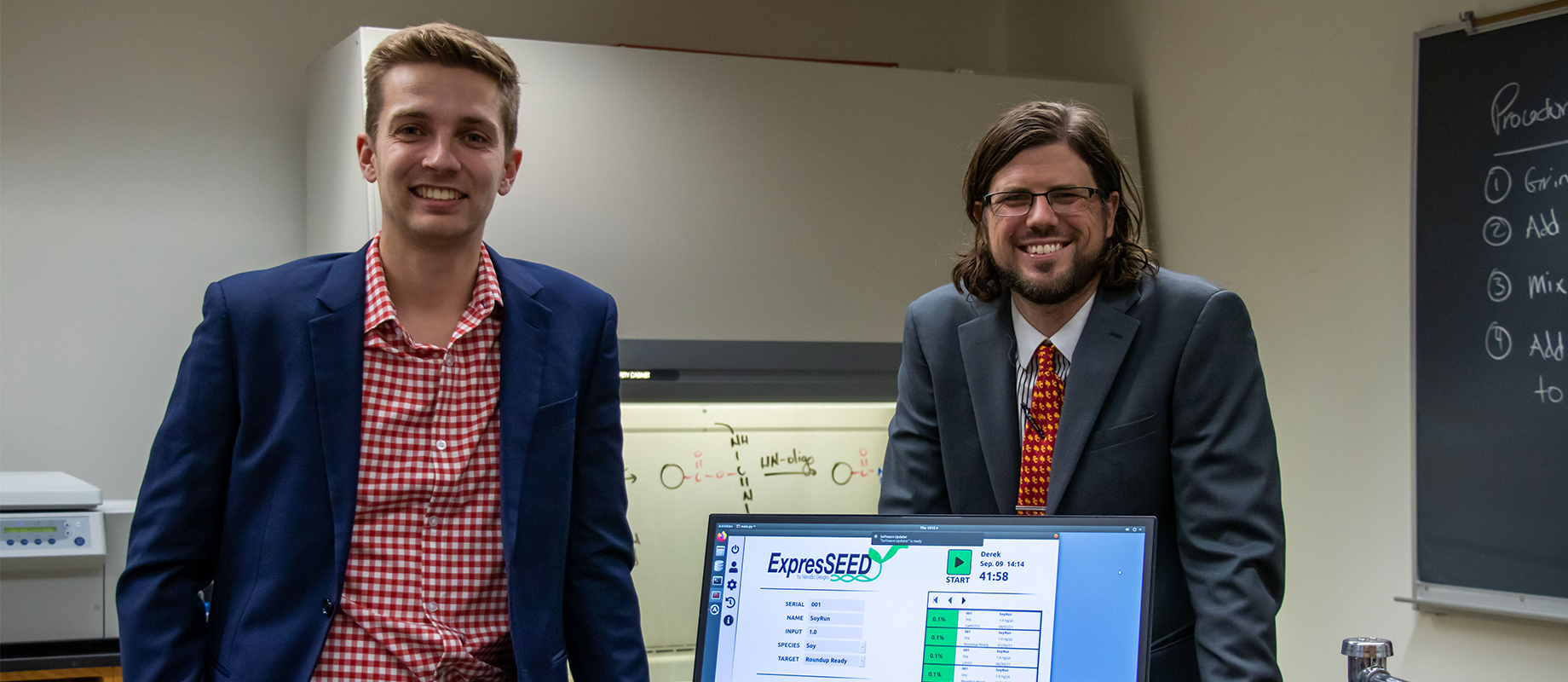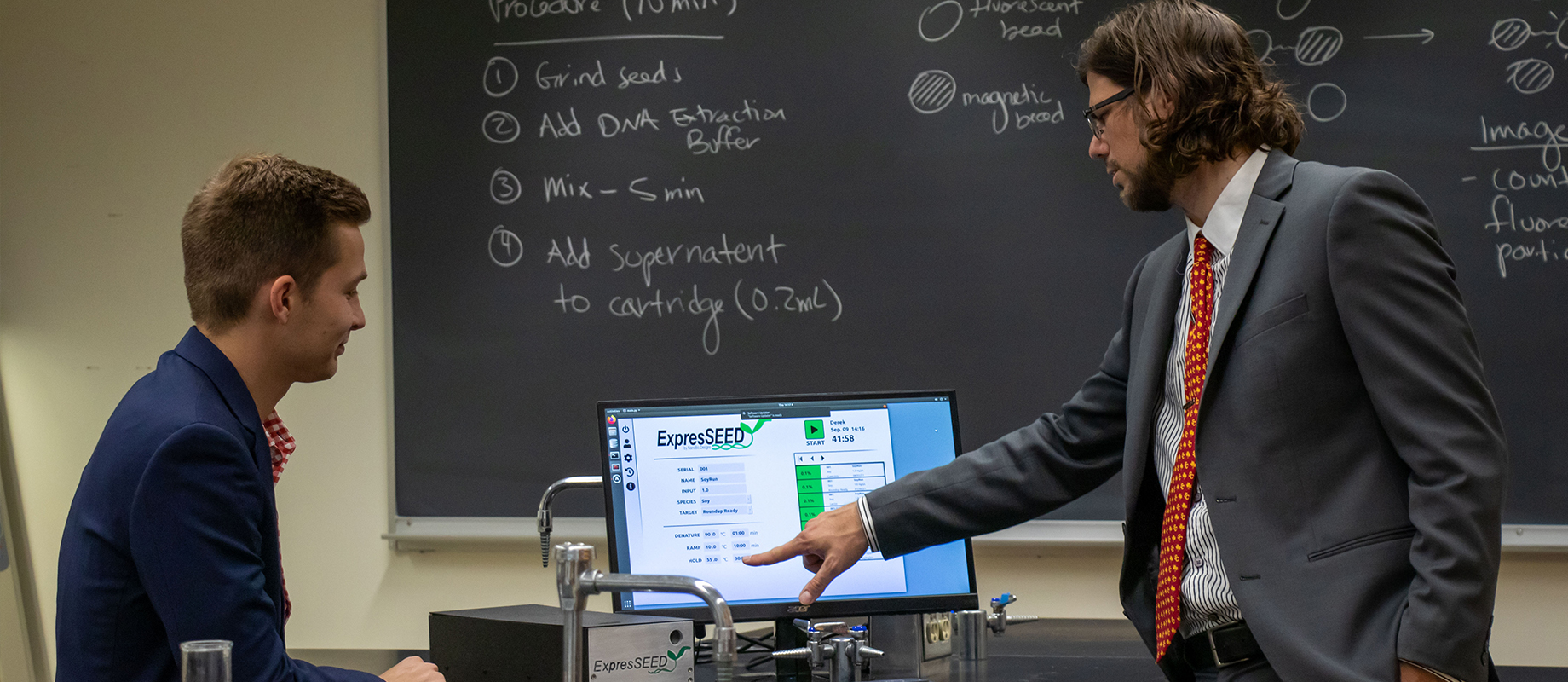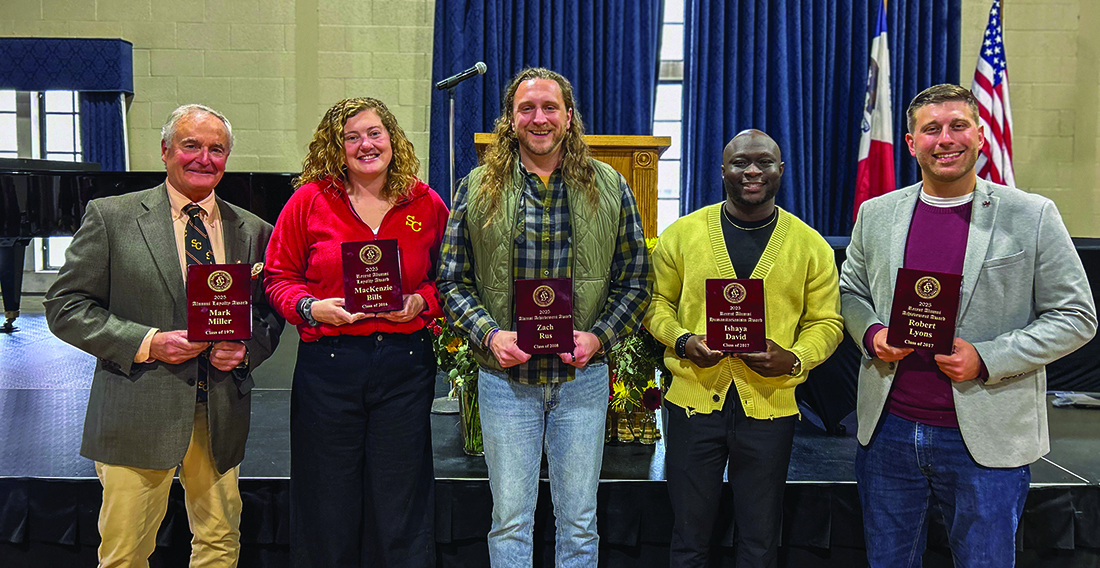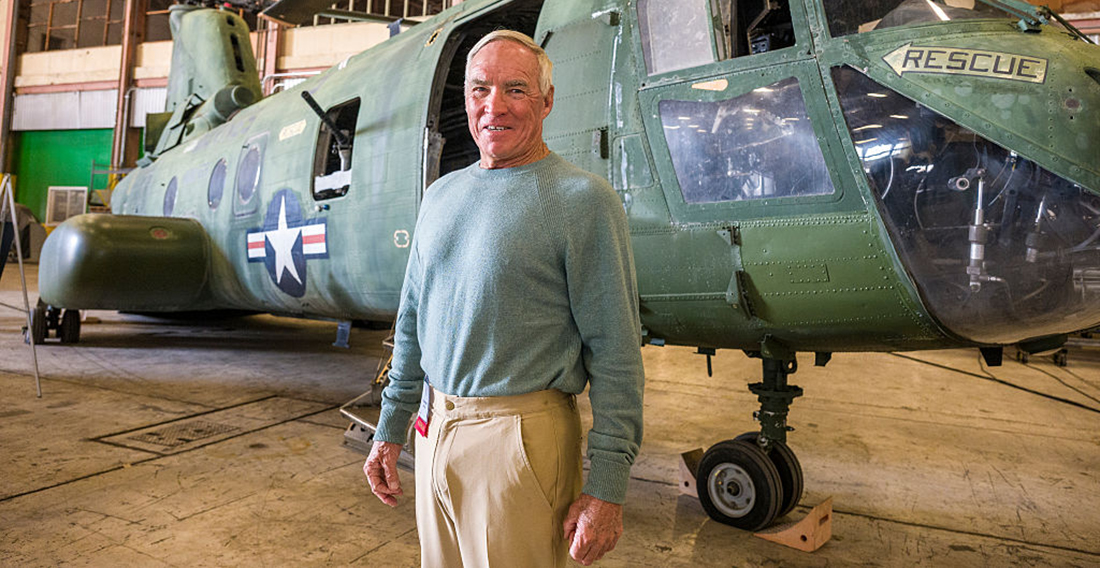Research sparks Simpson startup
Research collaboration between professor and student produces innovative genetic technology

Derek Lyons ’07 remembers the moment he saw a change in Ryan Skaar ’17.
It was after midnight in the Carver Science Hall. Lyons – an associate professor of chemistry and physics – and Skaar – an upperclassman biochemistry major – were working on a research project that involved genetic testing. It was a hard day and progress was slow.
Then the lightbulb came on.
“Those were the times we really started to collaborate,” Lyons said. “I think he got enough confidence to stop asking if it’s going to work and start pitching ideas.”
It’s not uncommon to see such breakthroughs at Simpson College, where undergraduates work directly with faculty on research projects every day. The College creates a safe space for students to grow and spark their curiosity and creativity. Eventually, students test theories and come to their own conclusions. That’s when a student transforms into something more.
In the early morning hours in Carver, Skaar went through that transformation. He was no longer a student. He was a colleague.
“All of a sudden, the ideas we’d been chatting about for years came to fruition,” Skaar said. “It was meaningful, it worked and it led to everything else that’s happened from that point.”

The research project that grew out of the Carver basement became NanoBio Designs LLC, the startup that created the ExpresSeed platform. The platform provides fast, on-site genetic detection for grain, feed and hybrid seed distributors. The patent-pending process detects the presence of known genetic markers in as little as 10 minutes, an alternative to polymerase chain reaction (or PCR) tests that can take days. The growing company drew national attention when it was selected as one of five finalists for the 2020 Radicle Challenge by Corteva, a contest to identify promising agtech startups solving challenges with novel technology solutions.
NanoBio Designs recently relocated to the 16 Tech Innovation District in Indianapolis after growing up in Maple Ventures, a West Des Moines-based entrepreneur support center launched by Simpson alumnus Hank Norem ’02. Lyons and Skaar are still heavily involved in the project. Lyons serves as board chair and platform chief technology officer and Skaar oversees a majority of the day-to-day work as chief operating officer.
From its founding, NanoBio Designs has enjoyed a strong footing in the Simpson community.
The core work of NanoBio Designs relies on converging scientific technologies. Lyons and Skaar know that for their project to grow, they need input from lots of different disciplines. The work goes beyond chemistry. Math, engineering, marketing, computer science and more all play a significant role in the success of the platform. For both Lyons and Skaar, this approach got its start at Simpson.
“What I learned as a student that was super important was that if you want to solve a big problem, it has to be interdisciplinary,” Lyons said. “It’s not like a chemist alone can solve big problems for the world. You have to pull a bunch of people together.”
Lyons took the foundation he built as an undergraduate at Simpson and expanded upon it as a graduate student at the University of Michigan. There, his research focused on the structure of DNA and how it affects cancer.
Skaar did the same thing at the University of Kansas, where he studied pharmaceutical chemistry. Because the program at Kansas was interdisciplinary in nature – similar to his Simpson experience – Skaar felt comfortable. Most of all, he felt prepared.
“You have to do a lot of collaboration at a small institution,” Skaar said. “That same collaboration happens at a larger institution, just on a bigger scale and with more people. When you have enough knowledge of each individual little piece, you know how to at least initiate a conversation with someone who might be outside of the current project.”
As the work at NanoBio Designs expands, the technology developed by the startup – which traces its roots to the Emerge@Simpson entrepreneurial venture – has implications beyond genetic testing in corn and soybeans. Because the technology behind ExpresSeed is a platform technology, it has the potential to test DNA in viruses, animals and bacteria. The expertise isn’t there yet, but the possibilities are many.
“That’s our business model here for the future,” Lyons said. “Companies will have a problem that this genetic test might be able to solve. The way to figure out if it works is we work together. They bring their expertise and we bring our core technology. That’s fundamentally what Simpson does too. We have our core identity and that gets spread out across the world as students graduate.”
This story first appeared in the fall 2021 edition of The Simpson Magazine.
Article Information
Published
February 25, 2022
Author
Office of Marketing and Strategic Communication




